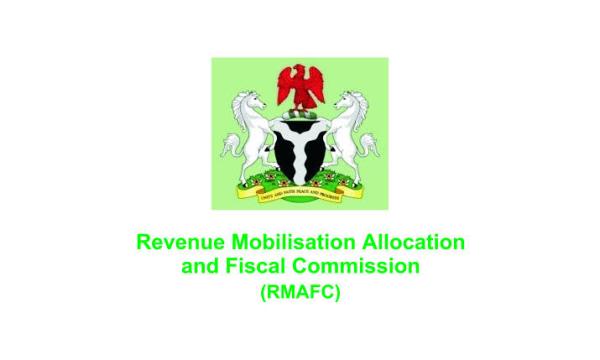
Eighteen months after slamming activists who opened a clinic for lesbians, gay, bisexual,transgender and intersex, (LGBTI) people in Kampala, Uganda's health ministry has decided it was a good idea after all and has begun setting up similar facilities, prompting outrage from the Ministry for Ethics and Integrity and scepticism from various civil society groups.
Alex Ario, the acting programme manager of the Ministry of Health's AIDS Control Programme (ACP), disclosed to newsmen that they are rolling out four specialized clinics for the most at-risk populations (MARPs) in four division of Kampala and several others in major HIV/AIDS hot spots in upcountry towns.
The clinics according to MR. Ario, will target men who have sex with men (MSM) and female sex workers (FSW) with health services including HIV testing, counselling and treatment, and screening for other sexually transmitted infections (STIs).
He explained that the clinics will not only be MSM clinics but MARPs clinics, though the focus will be on those MARPs that are most stigmatized, discriminated against and most likely to miss out on intervention services.
The initiative follows the success of a MARPs STD unit at Mulago National Referral Hospital, which has enrolled some 500 clients for comprehensive HIV treatment.
Gay rights activists opened Uganda's first clinic for LGBTI people in the capital, Kampala, in May 2012 - an act fiercely criticized by the government.
Despite the high prevalence of HIV among MSM and FSW - 13.7 percent and 33 percent respectively, according to the 2008-2009 Crane Survey of high-risk groups in Uganda - the government has not included these groups in its national strategy to fight HIV because homosexual activity and prostitution are illegal.
There remains a strong stigma attached to the LGBTI community; the Anti-Homosexuality Bill, currently before the country's parliament, seeks more stringent punishments for people engaging in homosexual acts and those perceived to be "promoting" homosexuality just as the health ministry is moving forward with its MARPs clinics, which are being implemented in phases in order to train healthcare providers, mobilize MARPs, and implement monitoring and evaluation mechanisms.






















